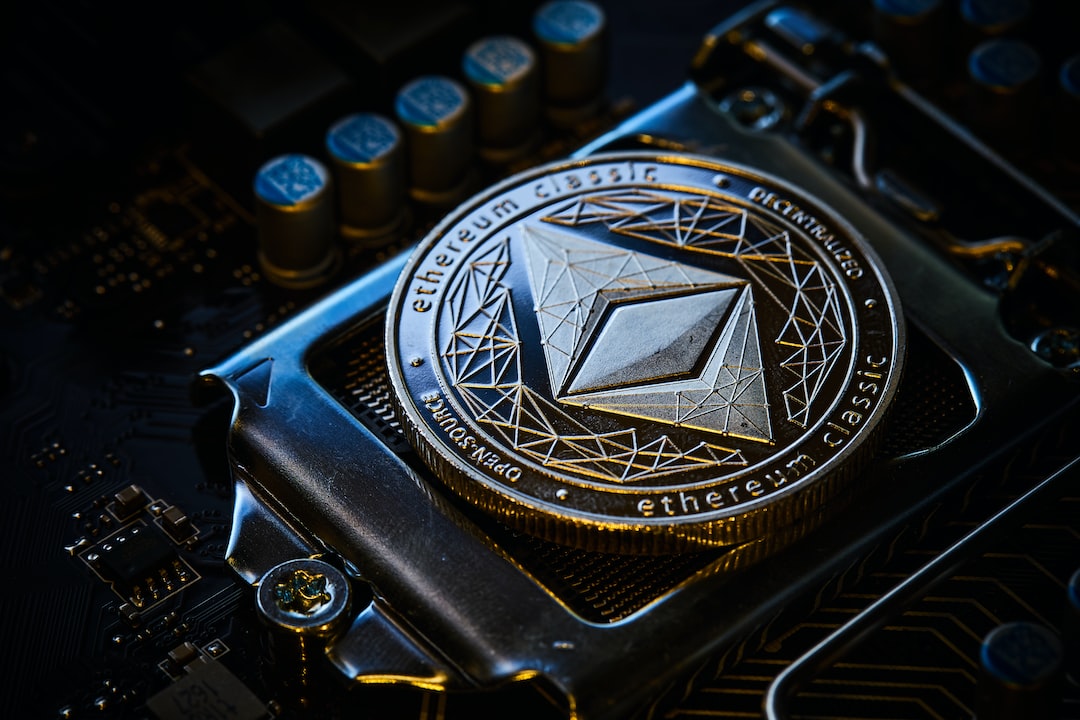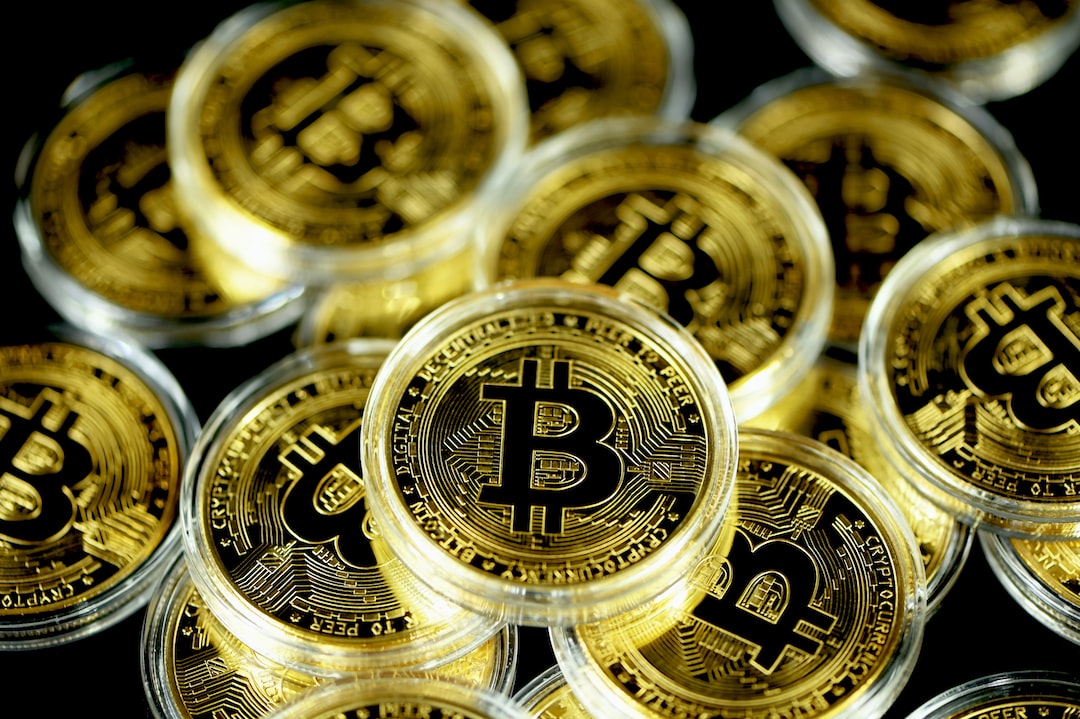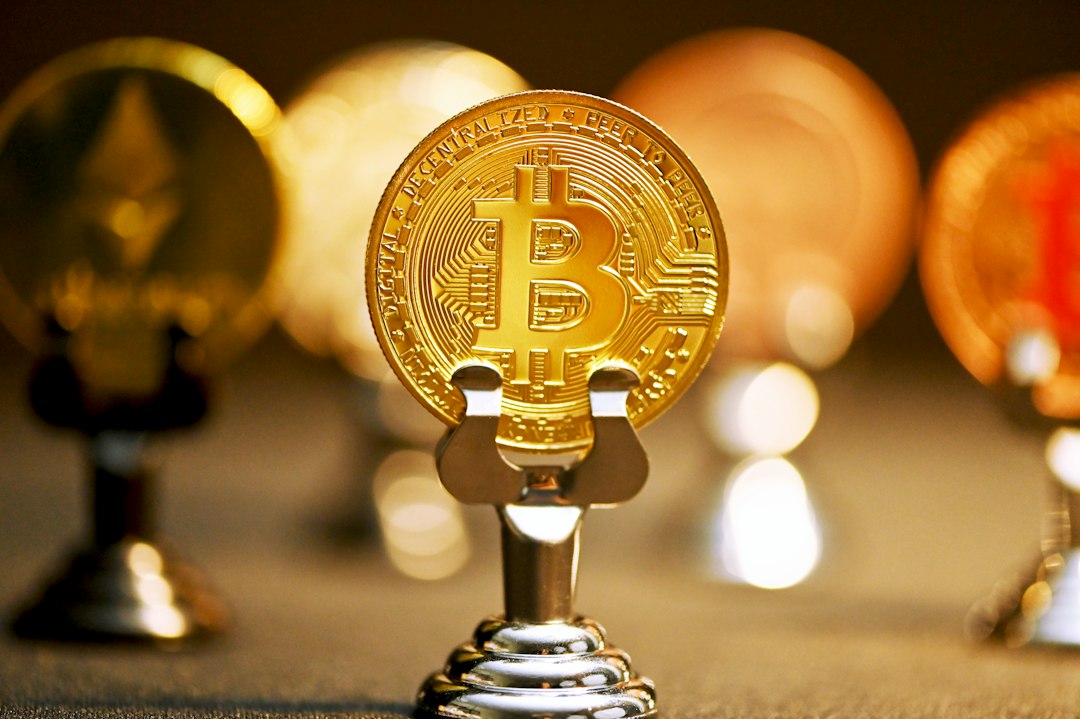Exploring the Potential of DeFi: A Game Changer for the Financial Industry
Cryptocurrency has emerged as a revolutionary force in the financial industry, challenging the traditional banking systems and introducing new concepts like decentralized finance (DeFi). DeFi is an innovative approach that aims to provide financial services through blockchain technology, eliminating intermediaries and offering more control and transparency to its users. In this article, we will explore the potential of DeFi and how it is revolutionizing the financial landscape.
What is DeFi and How Does it Work?
DeFi stands for decentralized finance and refers to the use of blockchain technology to recreate traditional financial systems in a decentralized manner. By utilizing smart contracts on a blockchain network, DeFi platforms have the potential to eliminate the need for intermediaries like banks or brokers. Instead, transactions are executed automatically based on predefined conditions.
When you participate in DeFi, you become a part of a decentralized ecosystem where you have full control over your assets. You can access a wide range of financial services, including lending, borrowing, trading, and staking, directly from your digital wallet. Since all transactions are conducted on the blockchain, they are immutable and transparent, providing an additional layer of security.
DeFi is built on the Ethereum blockchain, which is renowned for its ability to execute smart contracts. This allows developers to create decentralized applications (DApps) that operate autonomously and do not require intermediaries. With the rise of DeFi, anyone with a smartphone and an internet connection can participate in financial activities without relying on traditional institutions.
The Benefits of DeFi
DeFi offers several advantages over traditional financial systems. Firstly, it provides greater financial inclusion by removing barriers to entry. Regardless of your location or financial status, you can access DeFi platforms and utilize various financial services.
Furthermore, DeFi eliminates the need for intermediaries, which means lower costs for users. In traditional banking, intermediaries often charge hefty fees for their services. With DeFi platforms, these fees are drastically reduced or eliminated entirely. This allows users to enjoy more affordable borrowing, lending, and trading options.
Another significant benefit of DeFi is its transparency. All transactions are recorded on the blockchain, and participants can verify them in real-time. This level of transparency instills trust and confidence in the system, as it reduces the risk of fraud or manipulation.
DeFi also enables a high degree of customization and flexibility. With traditional financial systems, you are often limited to a set of predefined services. In contrast, DeFi platforms offer a wide range of financial instruments and allow users to create their own financial strategies. This level of customization gives users more control over their assets and financial goals.
The Potential of DeFi
DeFi has the potential to transform various sectors within the financial industry. For starters, it can revolutionize lending and borrowing. Instead of relying on banks or credit institutions, individuals can lend their assets directly to borrowers and earn interest on their investments. This peer-to-peer lending model eliminates the need for credit history checks and provides more opportunities for borrowers who are traditionally excluded from the banking system.
Additionally, DeFi can disrupt the traditional centralized exchange market. With decentralized exchanges (DEXs), users can trade cryptocurrencies directly from their wallets, without the need for a centralized exchange. This not only reduces the risk of hacks or theft, but it also offers more privacy as users do not have to disclose their personal information to a centralized authority.
Lastly, DeFi has the potential to transform the investment landscape. With decentralized investment platforms, users can invest in various assets, such as stocks, commodities, or real estate, without the need for intermediaries. This opens up new investment opportunities and allows users to diversify their portfolio easily.
The Challenges Ahead
While DeFi holds enormous potential, it is not without its challenges. One of the main concerns is the lack of regulation. Unlike traditional financial systems, DeFi operates in a relatively unregulated space. This can pose risks to users who may fall victim to scams or frauds. Therefore, it is crucial for users to exercise caution and conduct thorough research before engaging in any DeFi activities.
Scalability is another challenge that DeFi needs to address. As more users join the network, the Ethereum blockchain, which currently serves as the foundation for DeFi, may experience congestion and high transaction fees. Solutions like Ethereum 2.0 are being developed to mitigate these issues, but their widespread adoption is still on the horizon.
Moreover, DeFi platforms largely depend on smart contracts, and any vulnerabilities or bugs in the code can lead to substantial financial losses. It is essential to conduct extensive audits and maintain robust security measures to mitigate these risks.
Conclusion
DeFi has emerged as a game changer in the financial industry, challenging the traditional banking systems and introducing new possibilities for financial inclusion, customization, and transparency. By eliminating intermediaries and utilizing blockchain technology, DeFi empowers users to take control of their financial activities and access various services directly from their digital wallets.
While DeFi presents significant potential, it also comes with challenges such as regulation, scalability, and security. As the industry evolves, it is important for users to stay informed and exercise caution in their dealings.
Frequently Asked Questions (FAQs)
Q: How can I get started with DeFi?
A: To get started with DeFi, you need to have a digital wallet and access to the Ethereum blockchain. You can download a compatible wallet like MetaMask and fund it with Ethereum. From there, you can explore various DeFi platforms and start utilizing their services.
Q: Is DeFi safe?
A: DeFi platforms can be safe if you take necessary precautions. It is important to conduct thorough research on the platforms you intend to use and only invest what you can afford to lose. Additionally, ensure that you store your assets securely and enable necessary security measures on your digital wallet.
Q: Are there any risks involved in DeFi?
A: Yes, there are risks involved in DeFi. As DeFi platforms are relatively new and often operate outside of traditional regulations, there is a higher risk of scams, hacks, and smart contract failures. It is crucial to exercise caution, conduct research, and stay informed about the potential risks before participating in any DeFi activities.
Q: Can I earn interest on my assets in DeFi?
A: Yes, you can earn interest on your assets by participating in lending or staking activities on DeFi platforms. By lending your assets to borrowers or locking them in staking pools, you can earn interest in the form of additional tokens.
Q: Can I use DeFi platforms without any technical knowledge?
A: While some basic technical knowledge can be beneficial, many DeFi platforms have user-friendly interfaces that allow users to participate without extensive technical expertise. However, it is still important to have a basic understanding of how blockchain technology and smart contracts work to ensure that you can make informed decisions and navigate the platforms effectively.





 By
By
 By
By
 By
By
 By
By
 By
By
 By
By